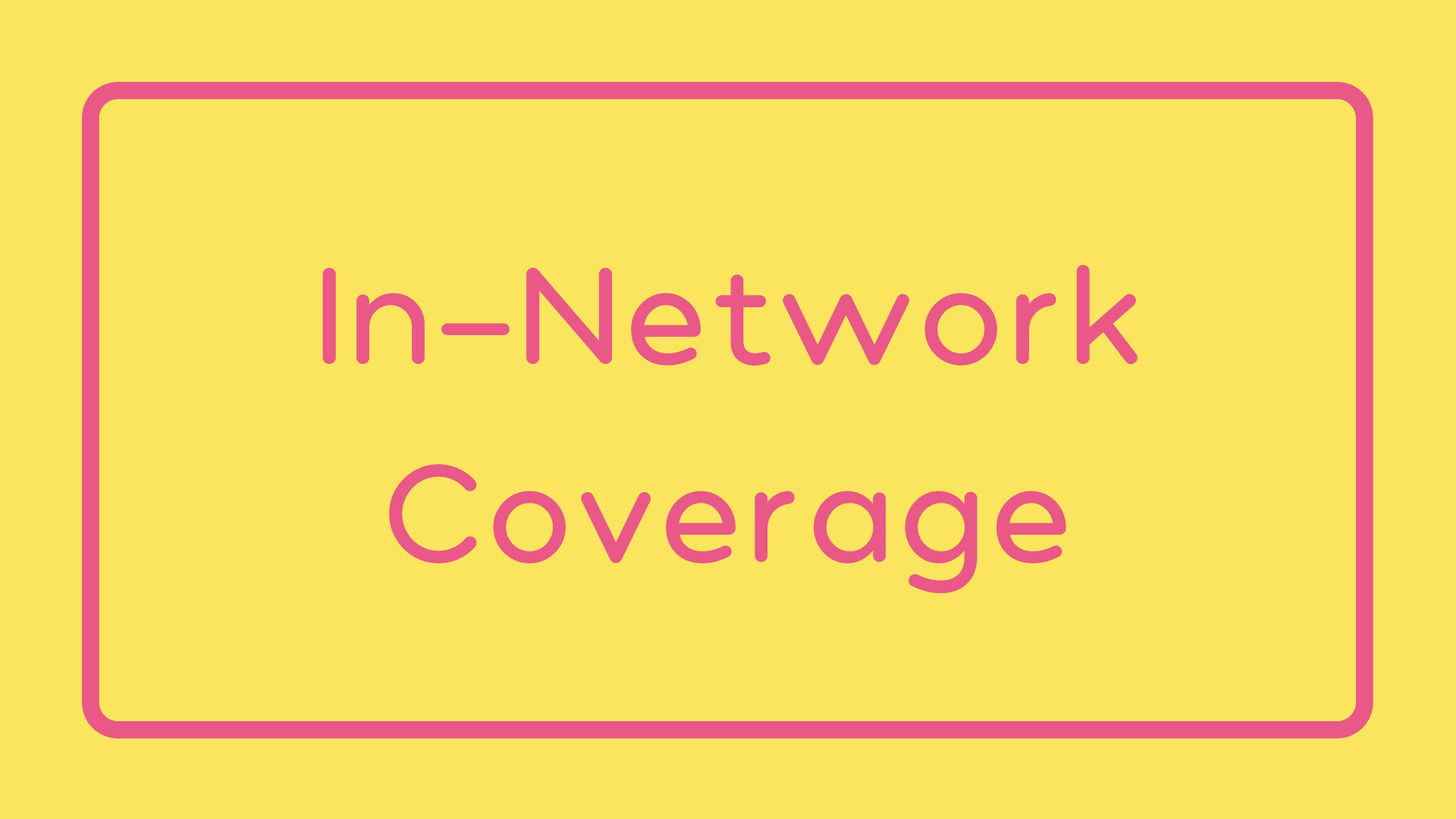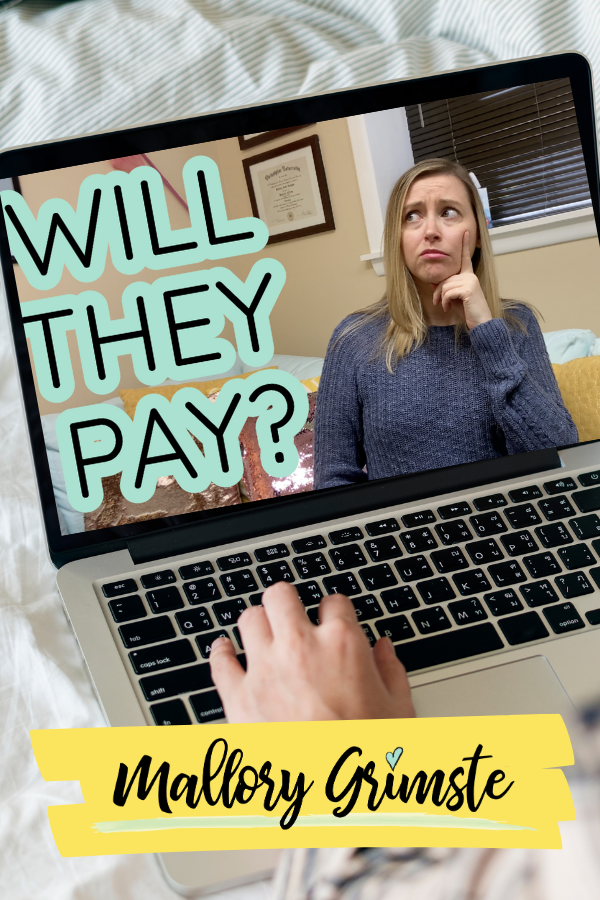You asked: "I've been wondering how much therapy for teens costs, and if your insurance can cover the costs."
If you've ever wondered how, or if, your health insurance covers mental health services for teens, this video post will help you navigate this process.
This video post reviews the three main ways your health insurance can cover the financial costs of therapy for teens, at least here in the United States of America.
If you prefer to watch the video, click this image here:
🔔Subscribe here for MORE videos that help teens struggling with mental health: mallorygrimste.com/youtube
If you prefer to read, here’s what you need to know about how your health insurance may help cover the cost of Therapy for Teens:
In the United States of America, we have what's called Mental Health Parity.
This means that at the time of this video post, health insurance providers must legally provide equal or similar coverage for mental health, behavioral and substance use conditions, as they do for other health conditions.
So just a quick note that equal coverage does not equal good coverage.
It just means comparable or similar.
IN-NETWORK COVERAGE
When your health provider has a written contract with an insurance plan provider, they are considered an In-Network provider.
This means that in exchange for their members having access to their services, the provider agrees to accept a significantly reduced rate that the insurer agrees to pay.
If you work with an In-Network provider, you would follow whatever guidelines your insurance plans states they cover for In-Network services.
This may mean you are still responsible for paying all or a portion of the session if you have to:
🟩 meet the deductible
🟩 pay a copay
🟩 or some other payment arrangement your plan states
Check with your insurance provider directly.
LIKE THIS VIDEO POST? I’D LOVE FOR YOU TO FOLLOW ME ON PINTEREST AND PIN IT FOR LATER!
OUT-OF-NETWORK COVERAGE
Many mental health therapists prefer to work on an Out-Of-Network basis. This means that even though the provider does not have a contract with that insurance provider, the therapist is still licensed and able to provide mental health services, whether or not your insurance covers them.
If you have a PPO or POS plan, you most likely have Out-Of-Network (OON) benefits. These work similar to rebates where you pay for the full price at the store, then you submit a copy of your receipt and rebate form and the manufacturer sends you a rebate check or gift card.
With insurance, the rebate + receipt is called an “insurance superbill.”
This means your insurance may reimburse you a percentage of any out-of-pocket costs, as determined by your plan's coverage.
It is recommended you call your insurance provider directly to determine what your plan offers in this area-
you may be surprised!
When you call, ask these three questions:
Do I have out of network benefits for behavioral or mental health services with my plan?
If yes, what are the details of my Out-of-Network coverage?
How do you reimburse out of pocket costs for Out-of-Network services?
SINGLE CASE AGREEMENT
There may be extreme circumstances where you don't have Out-Of-Network coverage, or the out-of-pocket cost is so extreme that your insurance provider may be willing to enter into what's called a Single Case Agreement with you.
Some potential reasons to consider asking for a Single Case Agreement are:
📍 Location: there aren't any providers in-network that are within a reasonable distance
📆 Provider Availability: the providers that are In-Network are full or not able to accept new clients
🛋 Provider Specialty: the provider specializes in your condition or circumstances
A real-life example would be my therapy practice. At the time of this video post, I am one of very few therapists that specializes in working with teenagers and offers group therapy.
Even though the insurance plan you have may not have certain coverage options, if it's deemed medically necessary for your care to have this type of treatment, you may be eligible to request a Single Case Agreement (sometimes called an Out-Of-Network exception) to work with a particular provider.
This is not a guarantee and often requires a clinical letter of support.
Ultimately though, your insurance provider gets to decide whether they want to engage in that level of support with you or not.
Tell me….
What information did you find most valuable and helpful? Let me know in the comments over on my YouTube channel- you can click here to go to this video.
And please be sure to share this video because you never know who you could be helping.
If you want to know more about how to tell your parents you want to see a teen therapist, click this link to watch a great video on this very important topic.
Want even more positive influences in your teen's life? Teen Growth Therapy Group is a weekly space where your teenager can connect with others dealing with anxiety, depression, or low self-esteem. By talking and learning together, they learn to feel better about the relationships they have with themselves and others.
If you want to secure your teen's spot- schedule your complimentary 15-min parent phone screening by completing the contact form here.
IF YOU ARE CONCERNED THAT YOU, OR SOMEONE YOU KNOW, MAY BE CONSIDERING KILLING THEMSELVES, PLEASE CONNECT THEM WITH HELP.
SUICIDE PREVENTION LIFELINE
1-800-273-8255
✨ Call 24/7 ✨








